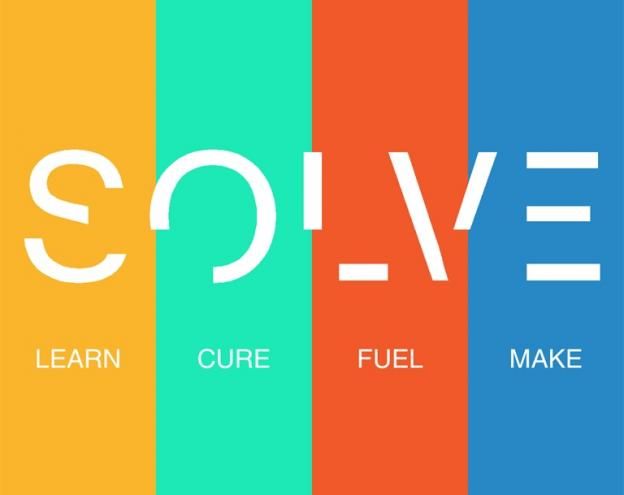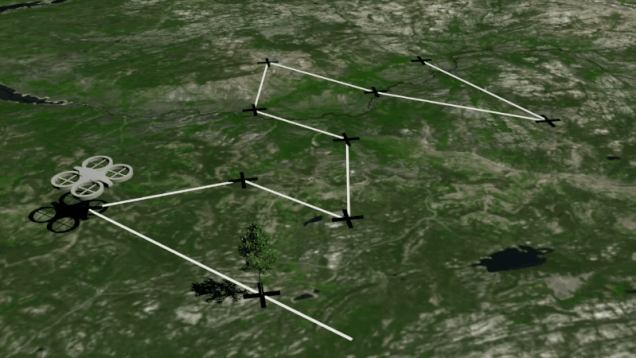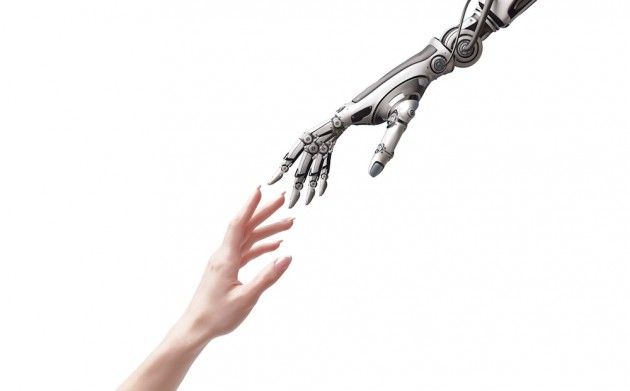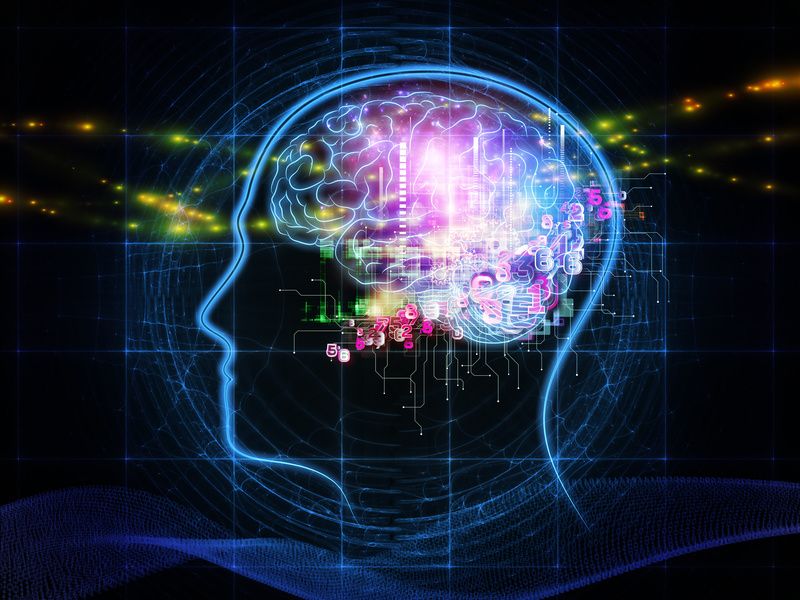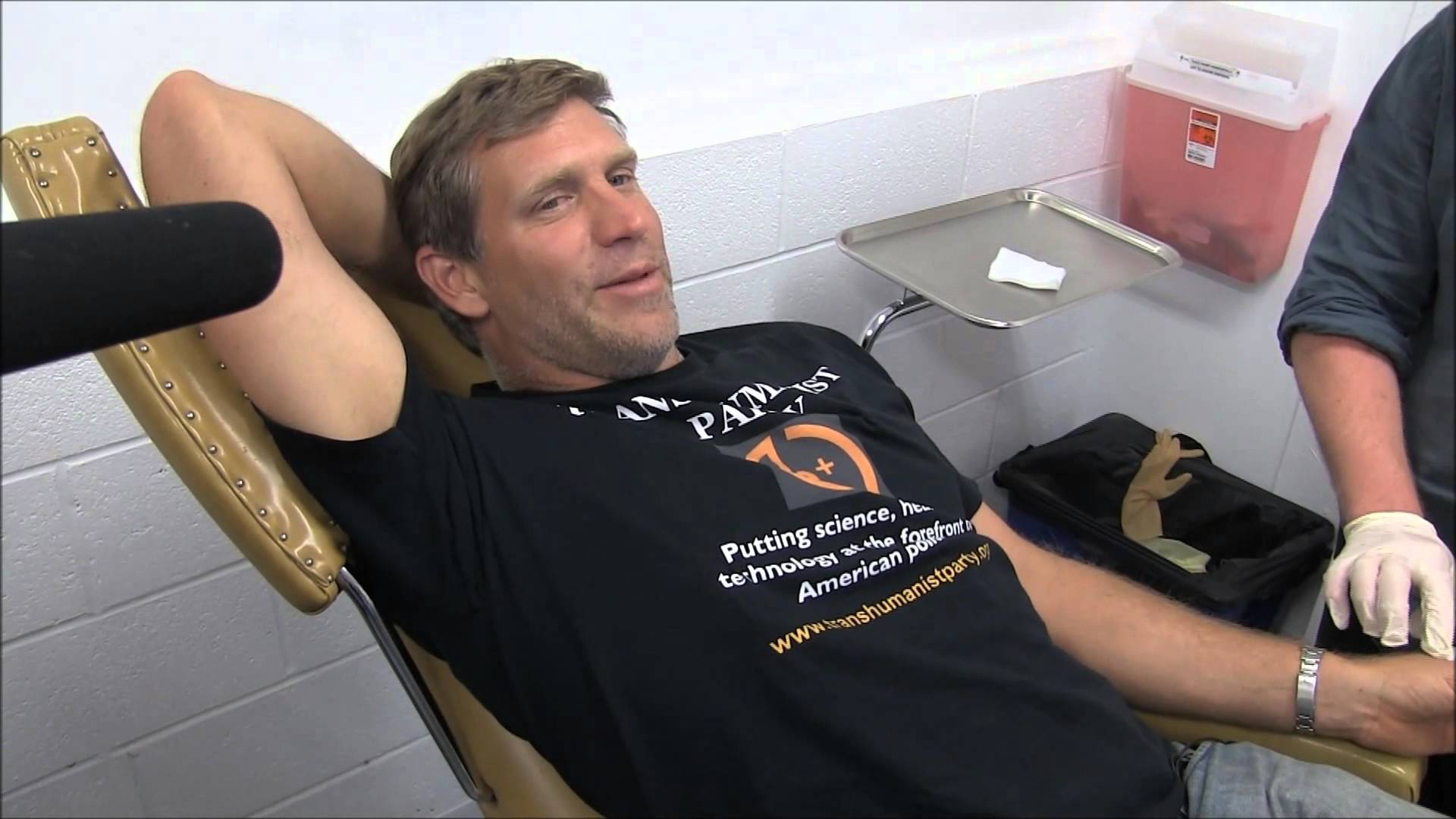Oct 5, 2015
Australian engineers just built a quantum logic gate in silicon for the first time
Posted by Andreas Matt in categories: computing, materials, particle physics, quantum physics
For decades, researchers have been trying to build a computer that harnesses the enormous potential of quantum mechanics. Now engineers from the University of New South Wales (UNSW) in Australia have overcome the final hurdle, by creating a quantum logic gate in silicon — the same material that today’s computer chips are made from.
The newly developed device allows two quantum bits — or qubits — to communicate and perform calculations together, which is a crucial requirement for quantum computers. Even better, the researchers have also worked out how to scale the technology up to millions of qubits, which means they now have the ability to build the world’s first quantum processor chip and, eventually, the first silicon-based quantum computer.
